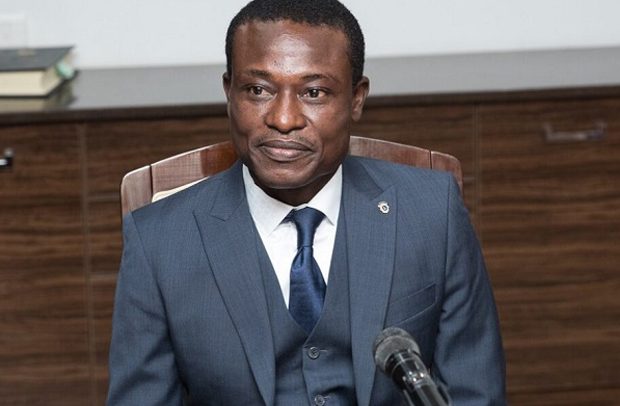Kissi Agyebeng, Special Prosecutor
The Office of the Special Prosecutor (OSP) has issued a stern warning that it will deal with all corruption and corruption-related offences during voting and counting processes in the 2024 presidential and parliamentary elections on December 7.
The OSP, in a statement, said it has deployed its anti-corruption mandate and powers to assure the sanctity of the 2024 general election through prevention, control and repression of corruption, fraud, and unfair practices in relation to the elections.
The statement admonished “all officers charged with the counting of votes at the polling stations, collation centres, and the transmission and publication of the outcome of the elections, that it is a grave offence to willfully falsify the account of the votes or make a false return of the votes.”
The OSP reminded the public that the law prohibits corrupt acts in relation to the elections.
“It is a serious offence to engage in vote buying, vote selling, intimidation, threats of violence, acts of violence, or impersonation of a voter or an electoral officer,” the statement said.
It added that the Office is alive to its mandate and would promptly address any such occurrence which comes to its notice.
Ghanaians will go to the polls on December 7 to elect a new president and Members of Parliament.
This has been preceded by a special voting yesterday by security personnel, journalists and other stakeholders who would not be able to vote on December 7 due to various tasks.
The OSP has over the past months been issuing various communique regarding offences related to vote buying and unduly influencing the electoral process.
The Office through its social media handles has encouraged citizens not to sell their votes through messages such as “Your soul and your community are priceless. Don’t sell your vote. Stop electoral corruption.”
Others include “Selling your vote means selling your future. Protect your future,” “Selling your vote puts corrupt officials in power,” and “Say no to vote buying. Your vote defines Ghana’s future.”
The OSP also warned that “engaging in electoral corruption can result in imprisonment ranging from a minimum of five years to a maximum of 10 years.”
BY Gibril Abdul Razak


